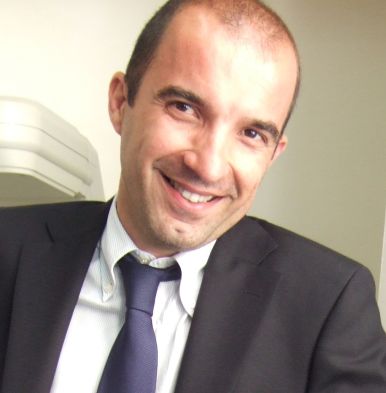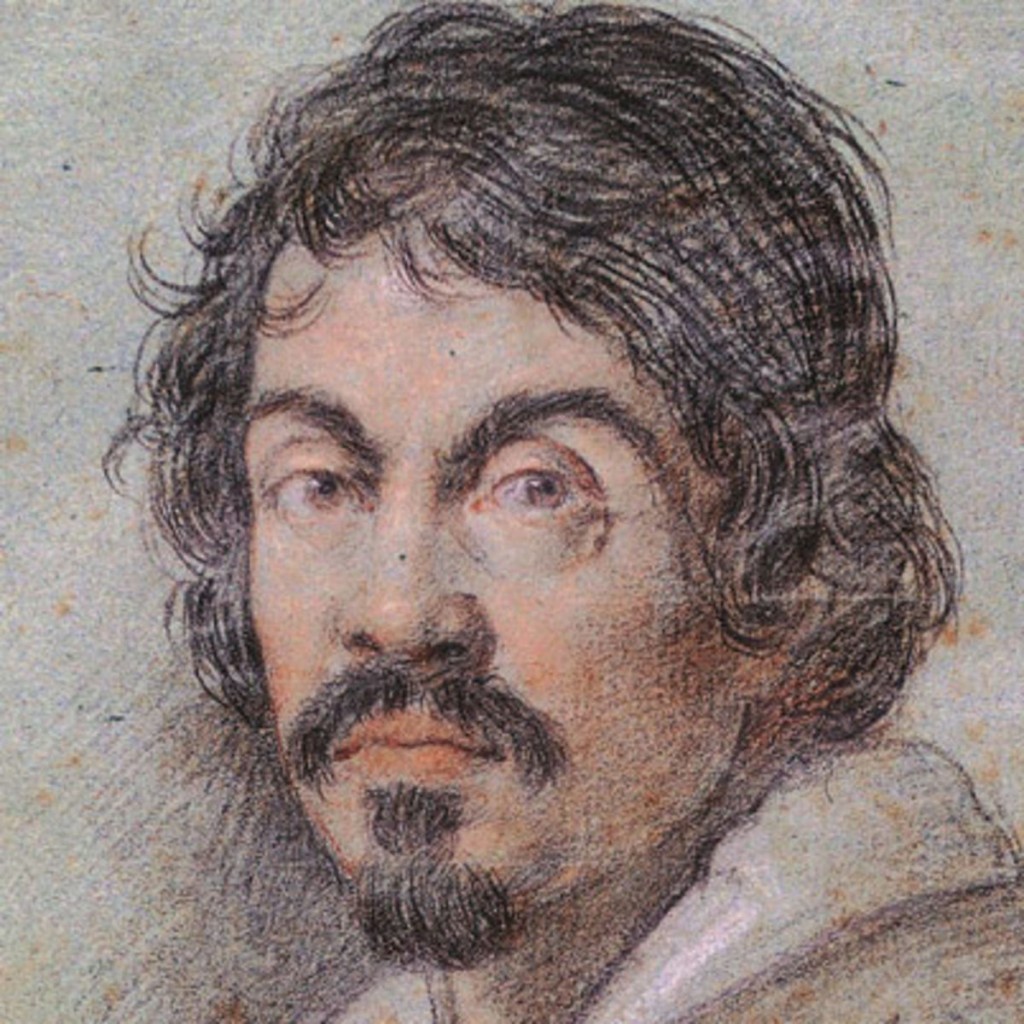 Caravaggio is nowadays considered one of the most important artists who’ve ever lived… But this has always been the case! Here, Professor Keith Sciberras explains how the University of Malta is at the forefront of Caravaggio research.
Caravaggio is nowadays considered one of the most important artists who’ve ever lived… But this has always been the case! Here, Professor Keith Sciberras explains how the University of Malta is at the forefront of Caravaggio research.
From all the artists who ever worked in Malta, few – if any – have managed to match Caravaggio’s success and influence. Considered to be a genius of painting, and an equal to the likes of Raffaello and Botticelli, Caravaggio single-handedly revolutionised the course of art history back in the 17th century with a strikingly powerful realist style, dramatic intensity of settings, and his use of lighting.
“But Caravaggio wasn’t always as respected as he is today,” explains Professor Keith Sciberras, the Head of Department of History of Art at the University of Malta (UoM), and the coordinator of the University’s Caravaggio Studies Programme. “Back in his lifetime, he was admired and disdained in equal measures, and I believe that the fact that the Caravaggio Scholarship [the study of his work] only kicked off about 100 years ago stands testament to that.”
As some of you may know, Caravaggio’s life is often divided into two main periods: his time in Rome, and the later years in Naples, Malta and Sicily. The divide here is done due to his fleeing of Rome following the murder of a young man. “The problem with most studies about Caravaggio is that they’ve almost always focused solely on his early years when he was in Rome, leaving a large chunk of his life and art in the dark,” adds Prof Sciberras.
Professor Sciberras, who is a world authority on the artist, has lectured at many major universities and museums around the world, including the MET in New York, the National Gallery in London, and the Prado in Madrid.
“All across the world there seems to be a surge of interest in the artist’s work – and I could see that judging by how many students attended lectures about the artist, be it in Stockholm, Copenhagen or Frankfurt – and that’s fantastic because, in many ways, the Maltese years are at the centre of Caravaggio’s career. What happened in Malta in 1607 is a brilliant example of the humanist climate of the time, in fact: he was accepted as a Knight of St John even though Pope Clement VIII had issued a death sentence against him after committing murder!”
Now, the UoM has created its Caravaggio Programme to undertake, facilitate and promote research on this influential artist by attracting the most important scholars from all over the world, and even brilliant students who are researching his life and art. Through all this, the University has identified a niche area of research that has become internationally successful, and is now acknowledged as one of the leaders in Caravaggio research globally.
important scholars from all over the world, and even brilliant students who are researching his life and art. Through all this, the University has identified a niche area of research that has become internationally successful, and is now acknowledged as one of the leaders in Caravaggio research globally.
The Caravaggio Studies Programme is focusing on the later years of this anti-classist artist, and it has been so successful that scholarly writings about the artist’s life in the late years written before 1999 are now almost obsolete. “We have published so much, uncovered so many new facts, and formulated so many new hypotheses that the whole story has changed,” explains Prof Sciberras.
“As part of this Programme – and on top of the research that’s taking place for the first time anywhere in the world – we’re also organising public lectures for which we invite major lecturers and academics… I think we’ve invited all the major Caravaggio scholars from all over the world, in fact! And we even have a number students studying Caravaggio’s life and work – including one at PhD and another at MA level.
“Moreover, for the first time since Caravaggio’s death, there’s been a concentration of academic energy on the artist’s final years all over the world,” he continues. “It also helped that all this coincided with the 400th anniversary of various things Caravaggio did during his lifetime, including coming to Malta and moving to Rome, which has, in turn, led to an incredible surge in public interest.”
The culmination of this research – at least in terms of what the majority of the public will get to see – will be a documentary about Caravaggio’s life, created using the research that has taken place at the UoM.
“Caravaggio’s work is so powerful, and his life story is as interesting as it gets,” says Prof Sciberras. “There’s so much excitement… The fact that he was the underdog, the fact that he was both the hero and the anti-hero of his own story… There’s murder, there’s celebration, escape, becoming a fugitive, and even being celebrated as a fugitive – it’s a story of climaxes and anti-climaxes. In many ways, he portrays the story of what I call ‘the power of the brush’ (the power the humanities had and still have). His intellectual strength for invention means that the importance of protecting such a creative mind – even when he was morally wrong – was more important than justice; his work was simply more forceful than the blemishes of his lifestyle.”
The research for this documentary involves a myriad of methodologies. Firstly, there is connoisseurship, which is looking at paintings, studying them, and comparing them with the works of others to chart out what he produced and how influential it was. Then there is historical art research, which involves the contextual research from the archives to try to build up the mechanics of patronage and answer questions like: Who where the patrons? And what was the real idea behind their commissions? And, finally, technical studies, where the UoM is studying the material structure of the works (pigments that he used, taking X-rays, stratigraphy [checking the different strata of the paintings] and pentimenti [how the artist changed his mind while painting, which can be seen from X-rays and stratigraphy]).
“The documentary will tell Caravaggio’s story, explain the methodology of research, and reveal all the new things we’ve discovered about him. The documentary, which will air on TVM, will be one of four documentaries about research taking place at the UoM, and it’s incredibly important to note that the humanities play a very significant role with two out of four documentaries: one about underwater archaeology and ours,” Prof Sciberras concludes.
The filming for this documentary, the script for which has been written by Prof Sciberras himself, will begin in the next couple of weeks and will conclude by the end of summer. There is no set date for the airing of this documentary yet, but we’ll be sure to let you know as soon as we do!
You can be part of this fascinating world of research, too, by helping many others achieve their breakthroughs in all the faculties of the University of Malta. Please click here for more information on how to donate to research of this kind through the Research Trust (RIDT).
